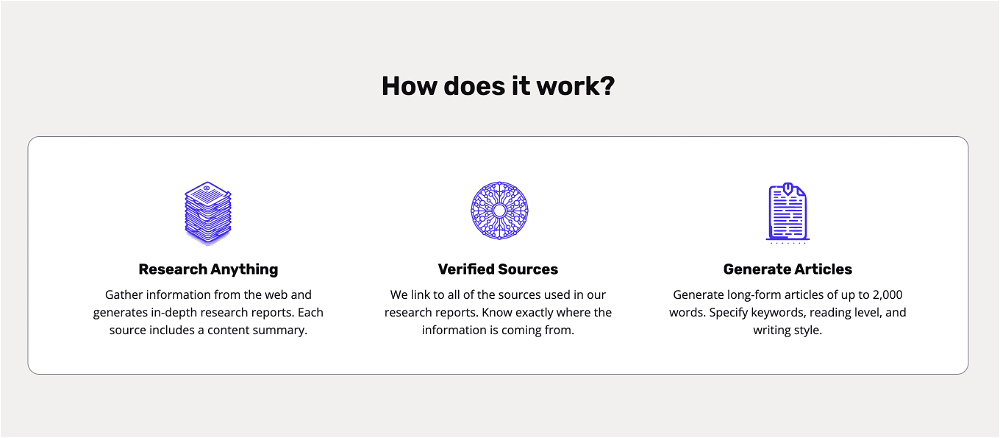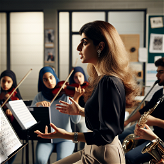What is Waveformer?
Waveformer is an open-source web application developed by Replicate. It is designed to transform text into music using an AI-based technology called MusicGen.
How does Waveformer generate music from text?
Waveformer generates music from text by utilising MusicGen, a machine learning model developed by Facebook Research. Users input text into the application, and Waveformer uses MusicGen to interpret the input and compose unique pieces of music from it.
What is MusicGen and how is it related to Waveformer?
MusicGen is a machine learning model developed by Facebook Research. It's designed to create music with artificial intelligence. Waveformer uses MusicGen's capabilities to generate music from text.
What kind of dataset has MusicGen been trained on?
MusicGen has been trained on an extensive dataset, which consists of 20,000 hours of licensed music. This large dataset that covers a broad range of music genres aids in generating diverse and unique music compositions.
How does Waveformer integrate with the Replicate platform?
Waveformer is integrated with the Replicate platform, a platform designed to simplify the process of running machine learning models. Users are able to easily execute the MusicGen model using Waveformer through Replicate, requiring just a few lines of code.
Is in-depth knowledge of machine learning techniques necessary to use Waveformer?
No, in-depth knowledge of machine learning techniques is not necessary to use Waveformer. The integration with the Replicate platform simplifies the process and enables users to easily execute the MusicGen model with just a few lines of code.
What makes the music composition created by Waveformer unique?
The music composition created by Waveformer is unique because it interprets user-inputted text and translates it into music. The use of artificial intelligence via the MusicGen model results in distinctive and original musical compositions based on this input.
Can musicians and composers benefit from Waveformer?
Yes, musicians and composers can immensely benefit from Waveformer. The tool provides a creative and innovative solution for music composition, and it allows them to experiment and explore new avenues in music creation.
How does Waveformer contribute to music accessibility?
Waveformer contributes to music accessibility by transforming text into music, creating a new method of music generation that could be more approachable to some users. Moreover, its integration with the Replicate platform makes utilizing complex machine learning models simpler and more accessible.
Is Waveformer an open-source application?
Yes, Waveformer is an open-source application. It is readily available on Github for developers to observe, adapt and potentially improve upon.
If Waveformer is open-source, where can I find its codebase?
The codebase for Waveformer can be found on Github. It is open-source, so developers are free to explore, use, or modify the code as they wish.
Who has developed Waveformer?
Waveformer has been developed by a team known as Replicate. This team is known for their innovative tech projects.
What is the role of Replicate in the functioning of Waveformer?
Replicate has developed Waveformer and hosts the MusicGen AI model needed to operate Waveformer. It also provides the platform through which users can easily run the ML model, simplifying the process and making it accessible to a wide range of users.
Does Waveformer allow users to experiment with different music models?
Yes, Waveformer encourages its users to experiment with various music models on Replicate, broadening the possibilities for music generation.
Why is Waveformer considered an intersection of technology and music?
Waveformer is considered an intersection of technology and music because it employs advanced AI technology (MusicGen) to generate music from text. In this way, it brings together the field of artificial intelligence and music creation.
Who is the target audience for Waveformer?
The target audience for Waveformer includes musicians, composers, music enthusiasts, as well as developers, programmers, and anyone keen on exploring the interface of AI technology and music.
How do I get started with using Waveformer?
To get started with using Waveformer, one can refer to the documentation and resources provided on the Replicate's website. Here, users can learn how to access and execute the MusicGen model to generate music from text.
Can Waveformer aid in music progression possibilities?
Yes, Waveformer can aid in music progression possibilities. It invites users to experiment with various music models on Replicate, thereby widening the boundaries of music progression.
Can Waveformer interpret entire paragraphs into aural soundscapes?
Yes, Waveformer is capable of interpreting entire paragraphs into aural soundscapes. It can translate text, regardless of its length, into unique music compositions, offering a novel way to experience written content.
Does using Waveformer require any programming knowledge?
No, using Waveformer does not necessarily require programming knowledge. The application is designed to be user-friendly and accessible, with the process simplified through its integration with the Replicate platform.
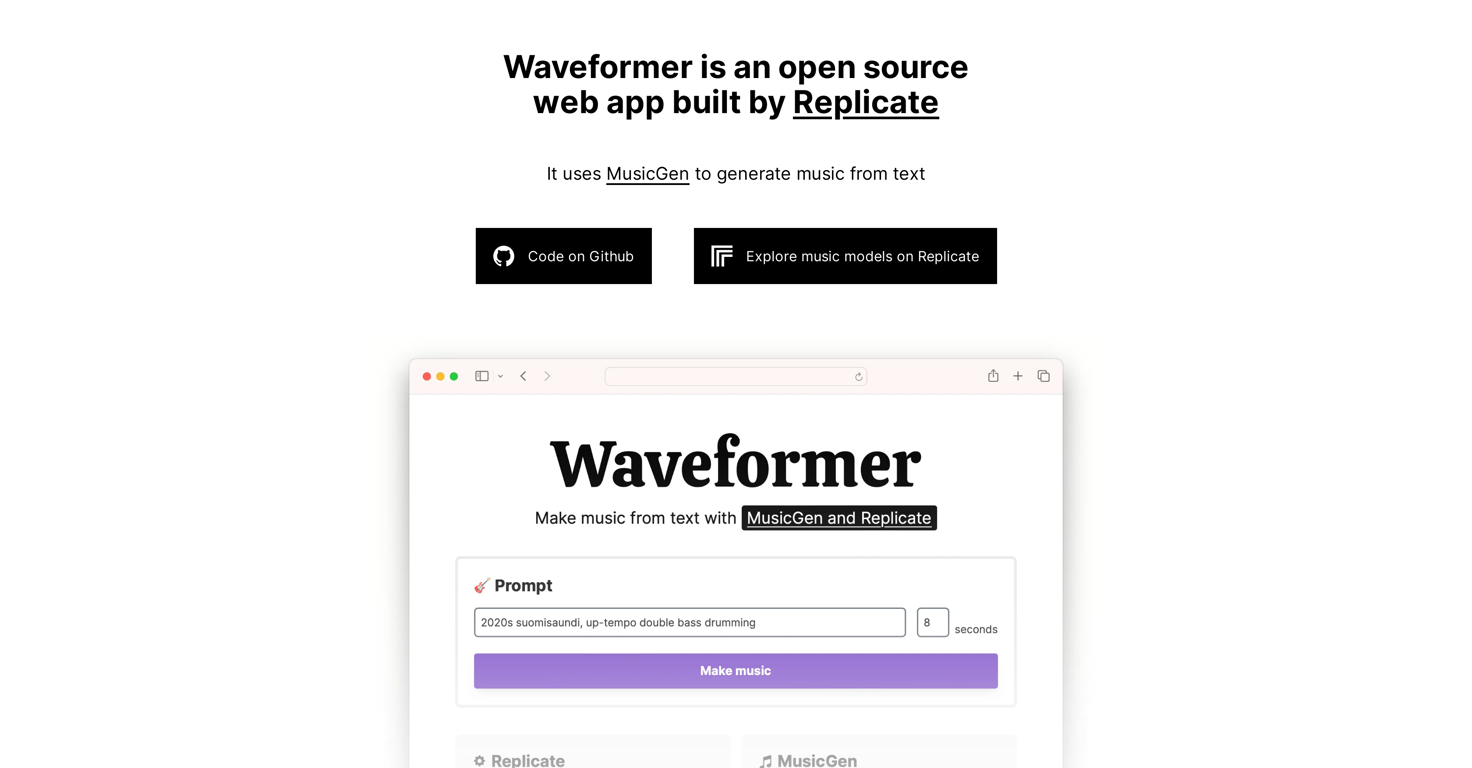
 1449
1449 1273
1273 815
815 58
58 19
19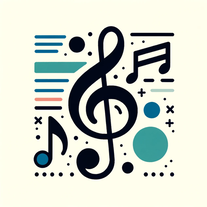 1891
1891 1881
1881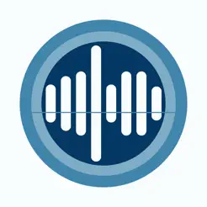 16
16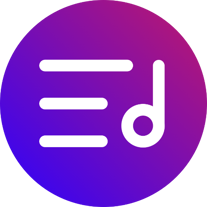 14
14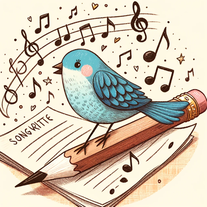 14
14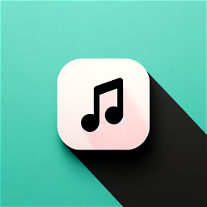 13122
13122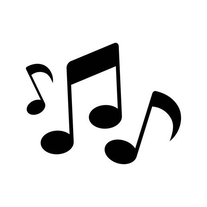 13172
13172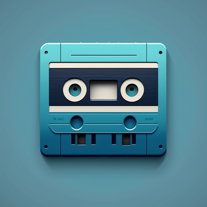 13263
13263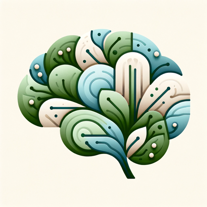 13500
13500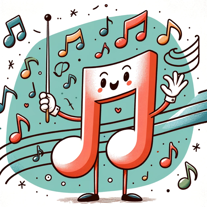 1218
1218

